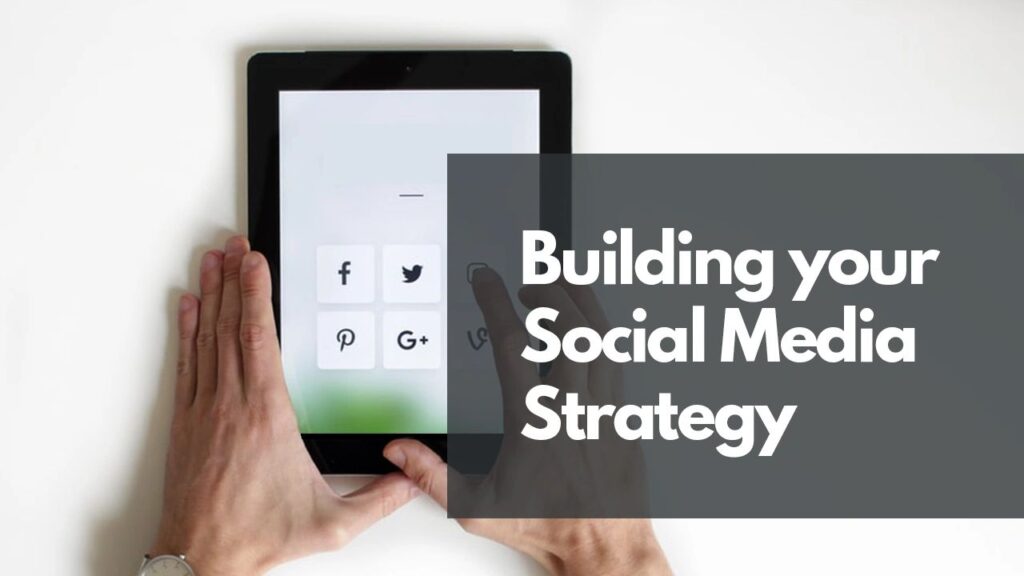Tom Robbins said, “It’s never too late to have a happy childhood.” Social Media Strategy is like that, but for your brand.
Whether you’re starting out, honing in on what makes your community special, or leveraging likes for assessing the possible impact of your upcoming business decisions, a solid social media strategy means a solid basis for understanding how your customers and brand interact.
Let’s get into what the process can offer you and how you can go from scroll-by to show-stopper.
What is a Social Media Strategy?
Simply put, a social media strategy is your deployment of social media tools to help in understanding your business reach and achieving your goals.
If you are already using social media platforms, what are those platforms achieving? Begin with first understanding metrics such as clicks, audience reach, engagement, and ROI for advertising. From there, assess what indicators work best for your business and leverage platform tools for those results.
Would you like to see more customers contacting you through DMs? Call to action on Instagram or Twitter. Want more website traffic? Links through posts or your bio can help translate those eyes on their feeds into orders on your E-commerce platform.
Beginning a social media strategy starts with asking yourself first “what” you want out of your engagement. Once you have that figured out, you can put on the pot of coffee and begin to strategize. A social media strategy is never written in stone, and still, it might be wise to follow your gut on ideas for a while to explore their potential before giving up and moving on.
Why Am I Doing This?
Why are we doing anything? Existentially, that’s for you to decide. But in terms of business, there are a handful of key benefits that make planning a social media marketing strategy important:
Build Brand Awareness
Foster Active Communities
Sell Products and Services Through Cross-Platform Integration
Measure Brand Sentiment
Advertise New Products
Provide Services and Explore Engagement
While each of these is important in its own right, a social media strategy allows you to leverage all of them effectively and with an edge unique to your business or personality. Assessing these points enables organizations to effectively set up or shift toward goals that are better in line with the demands of their growth plan.
For example, if you wanted to draw awareness to a new product feature or service, having a robust assessment of your KPIs would allow you to focus on the advertising campaigns that have been proven as most effective for your audience. This could be through tone, platform-specific messaging, or proven methods of engagement like stories, tweets, or blogs.
Find what you do well, and get even better at it. If you’re ever in doubt, return to the “what” of your strategy! If something isn’t working, try a new approach or pivot. Is one platform performing exceptionally well? Double down and grow your foothold! As always, planning and monitoring content delivery are critical.
Where Do I Start?
This is up to you, but the a few places to start would be:
Claiming your domains and handles.
Discover the conversational tone of your business—an increasingly important part of marketing in a crowded space!
If you are artistically inclined or working with designers, consider developing an overarching aesthetic that creates cohesion.
Research trends, keywords, or hashtags specific to your industry.
Look into success strategies of competitors for inspiration and ideas.
Or, call me!
A social media strategy is just the path—you are still the captain of your ship. It might seem overwhelming at first, but finding a voice is half of the fun. The community is the rest, letting you know at every turn that you’re reaching the ears that need to hear. Keep your audience in mind, your clients engaged, and your head up high. For everything else, Megan Killion Consulting is here to help. Let’s chat soon about how to bring your campaigns to the reach they deserve. Thanks for reading!

